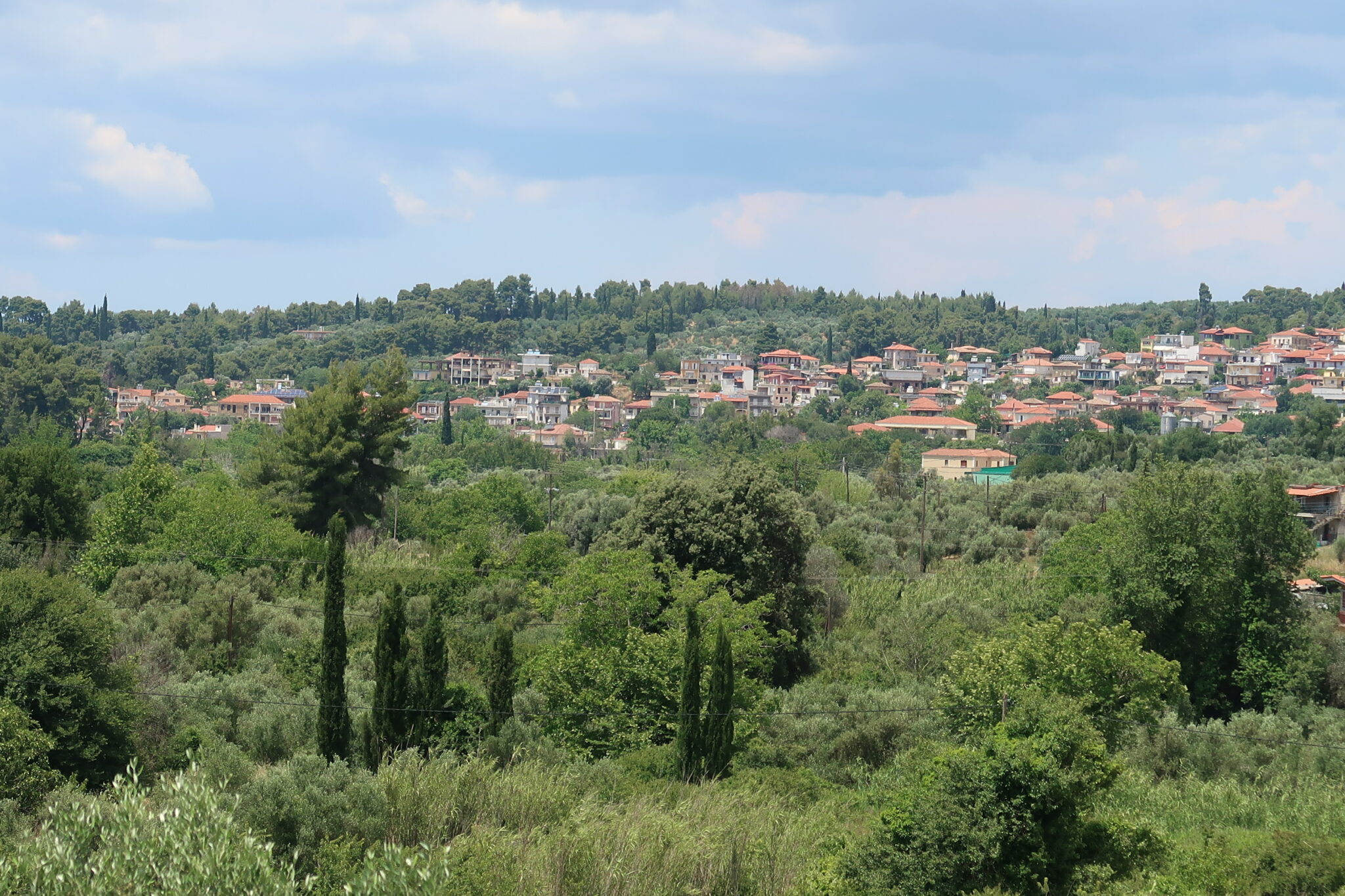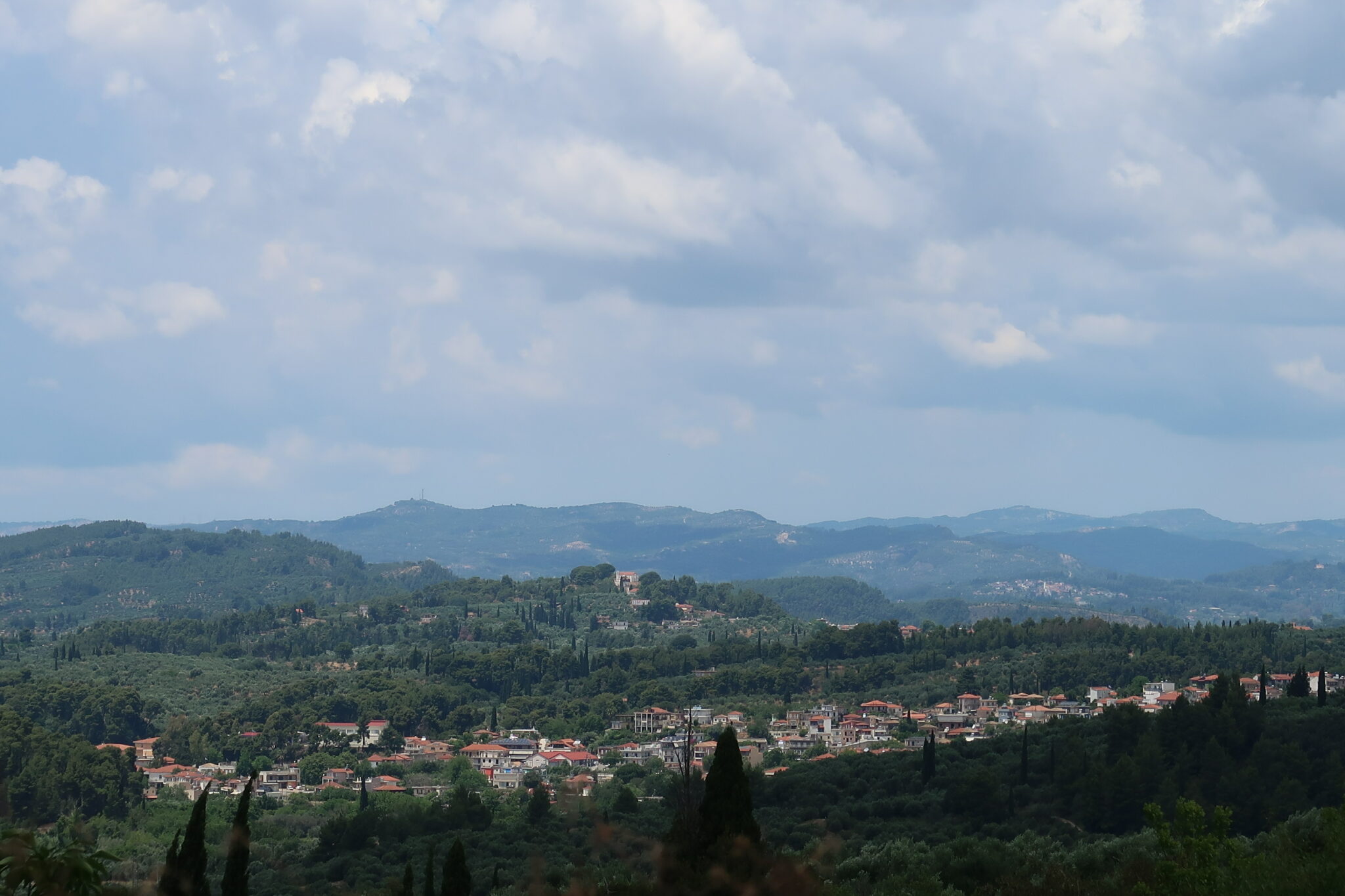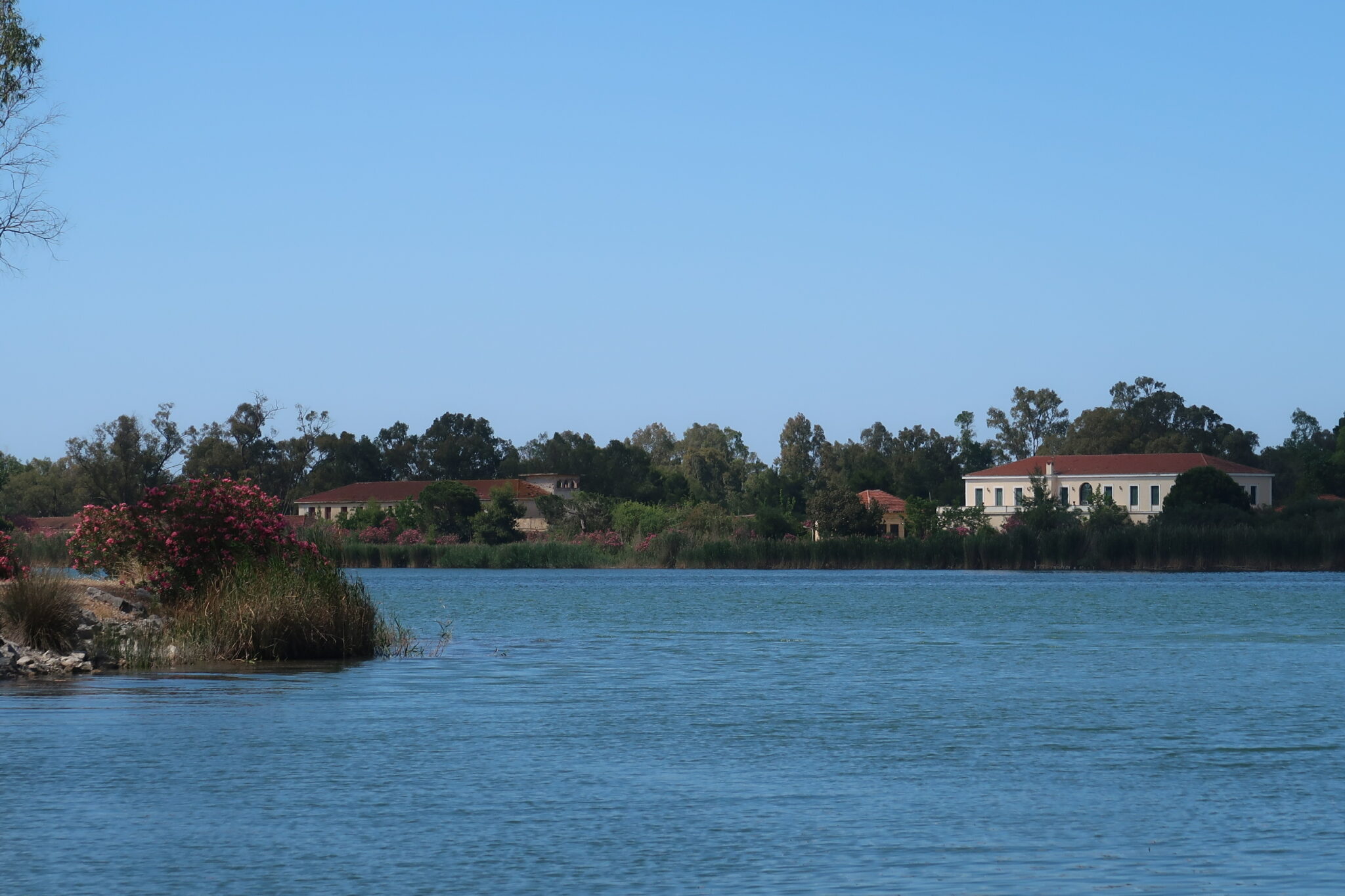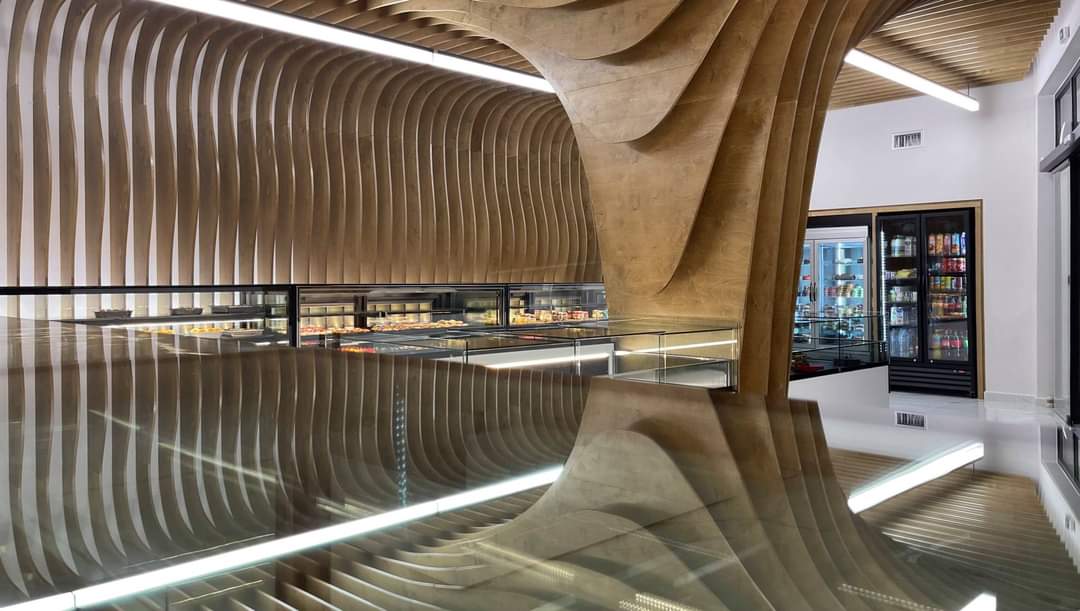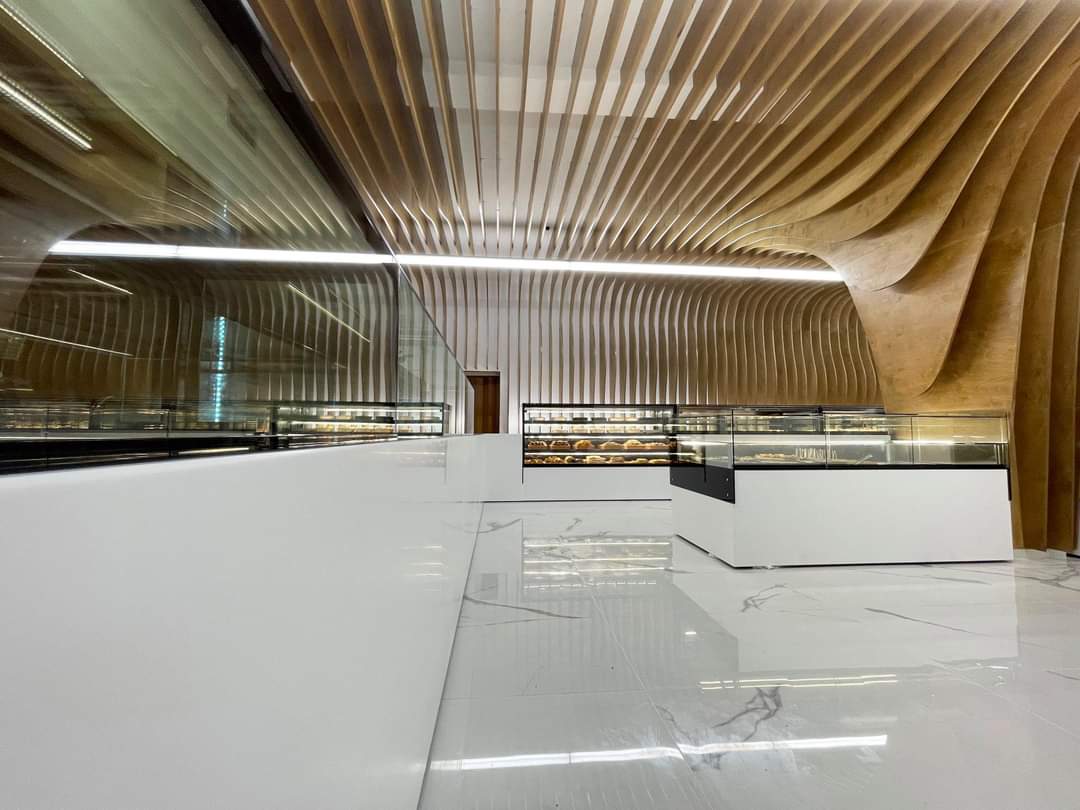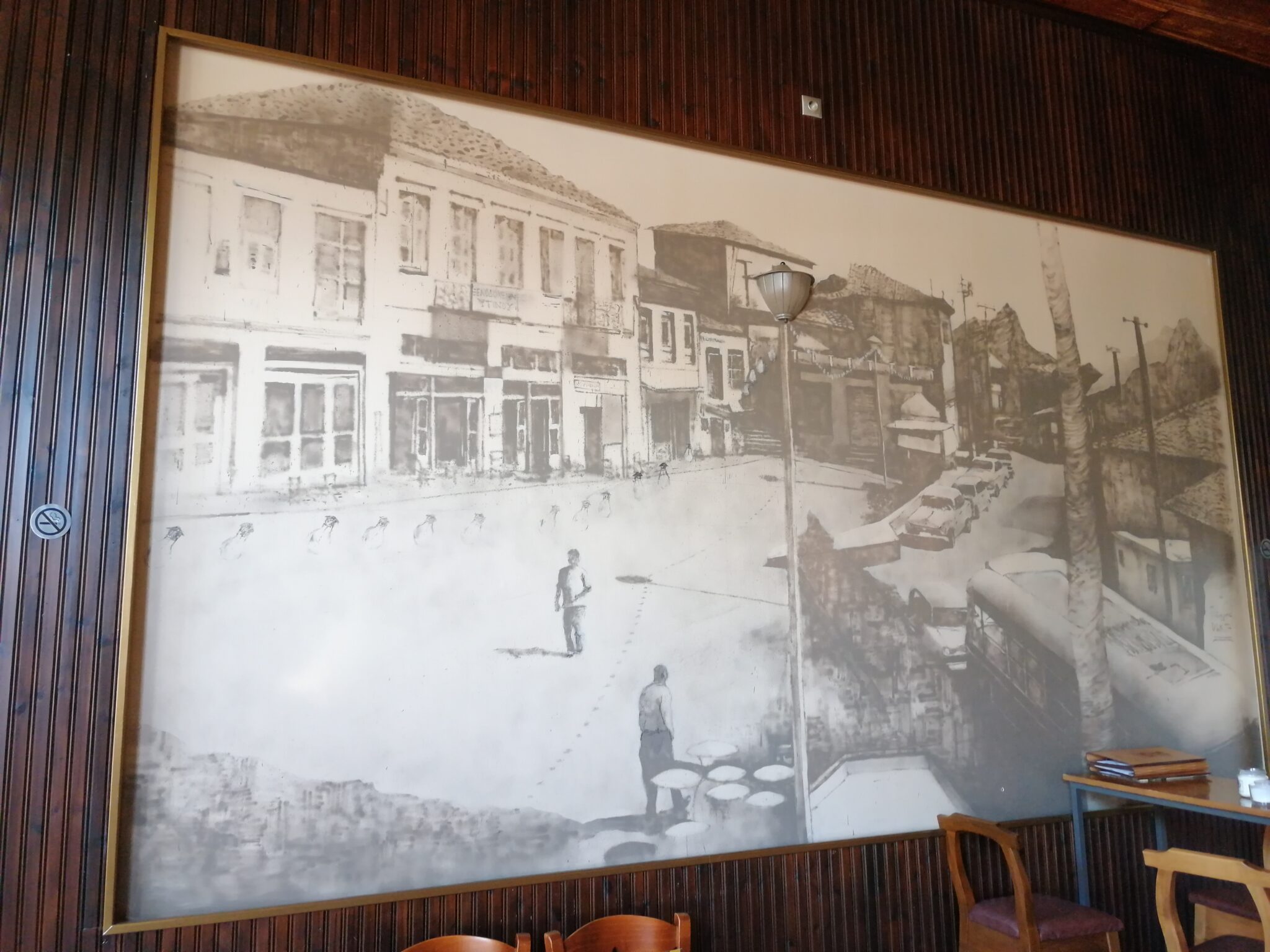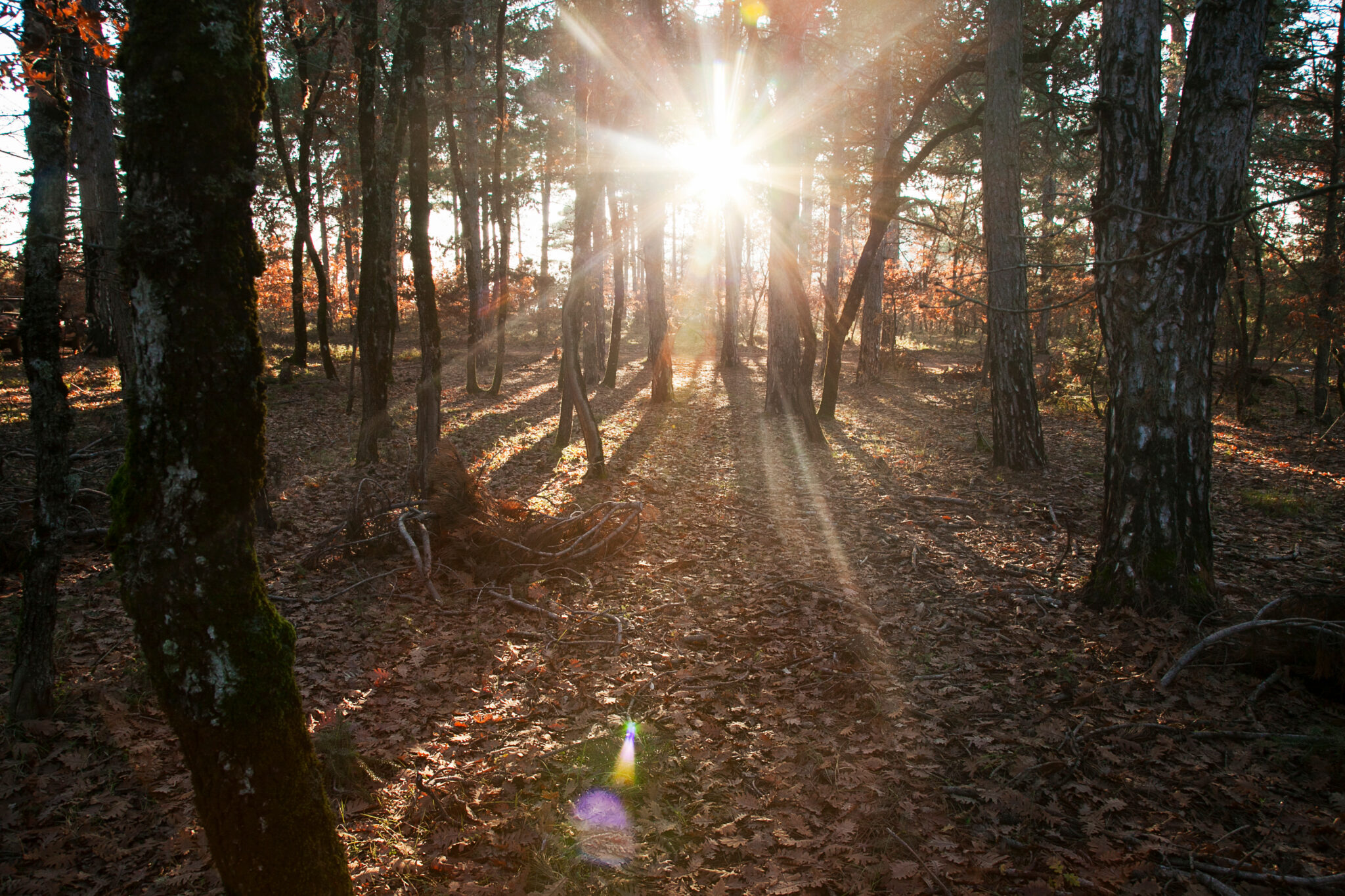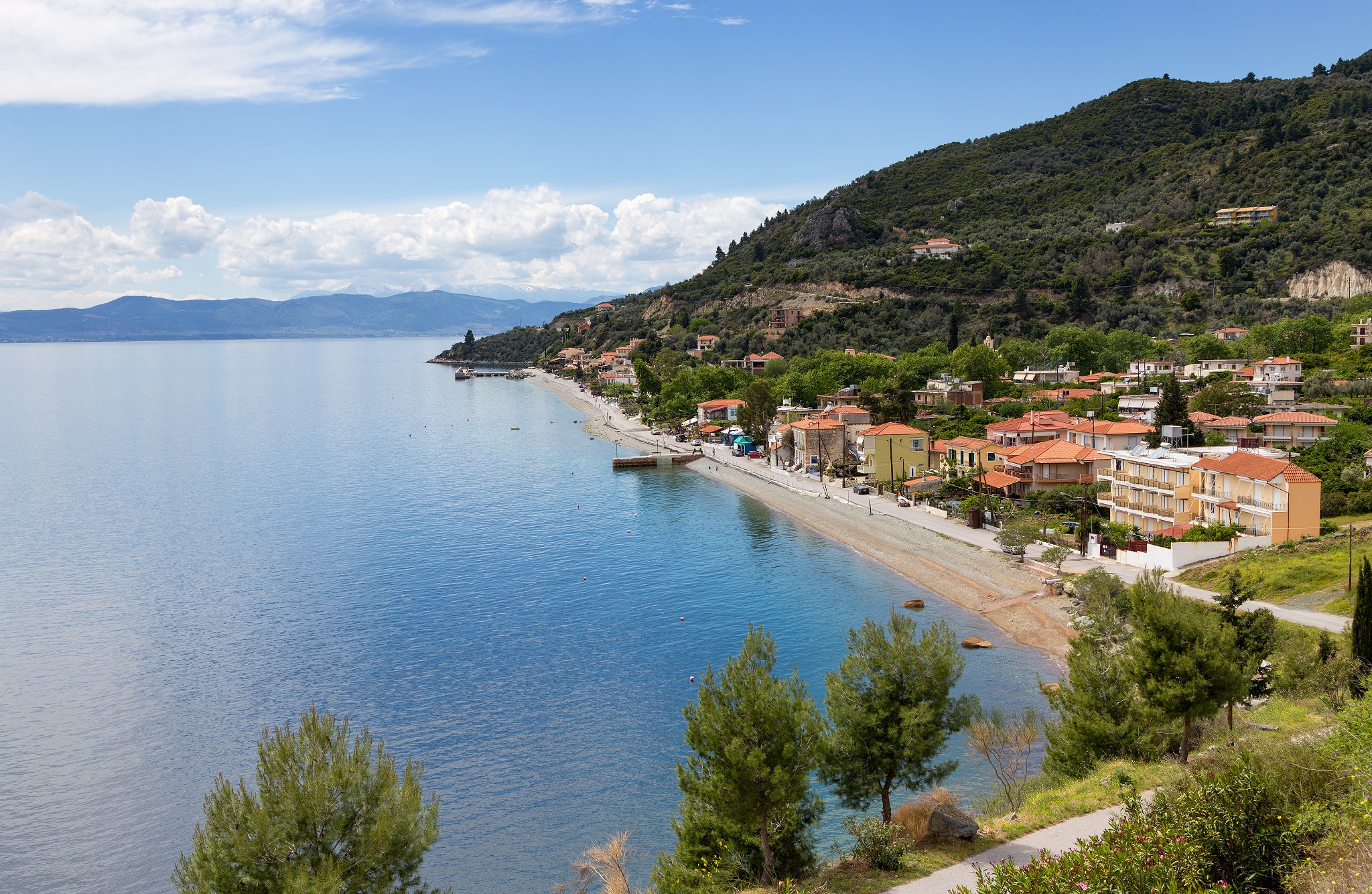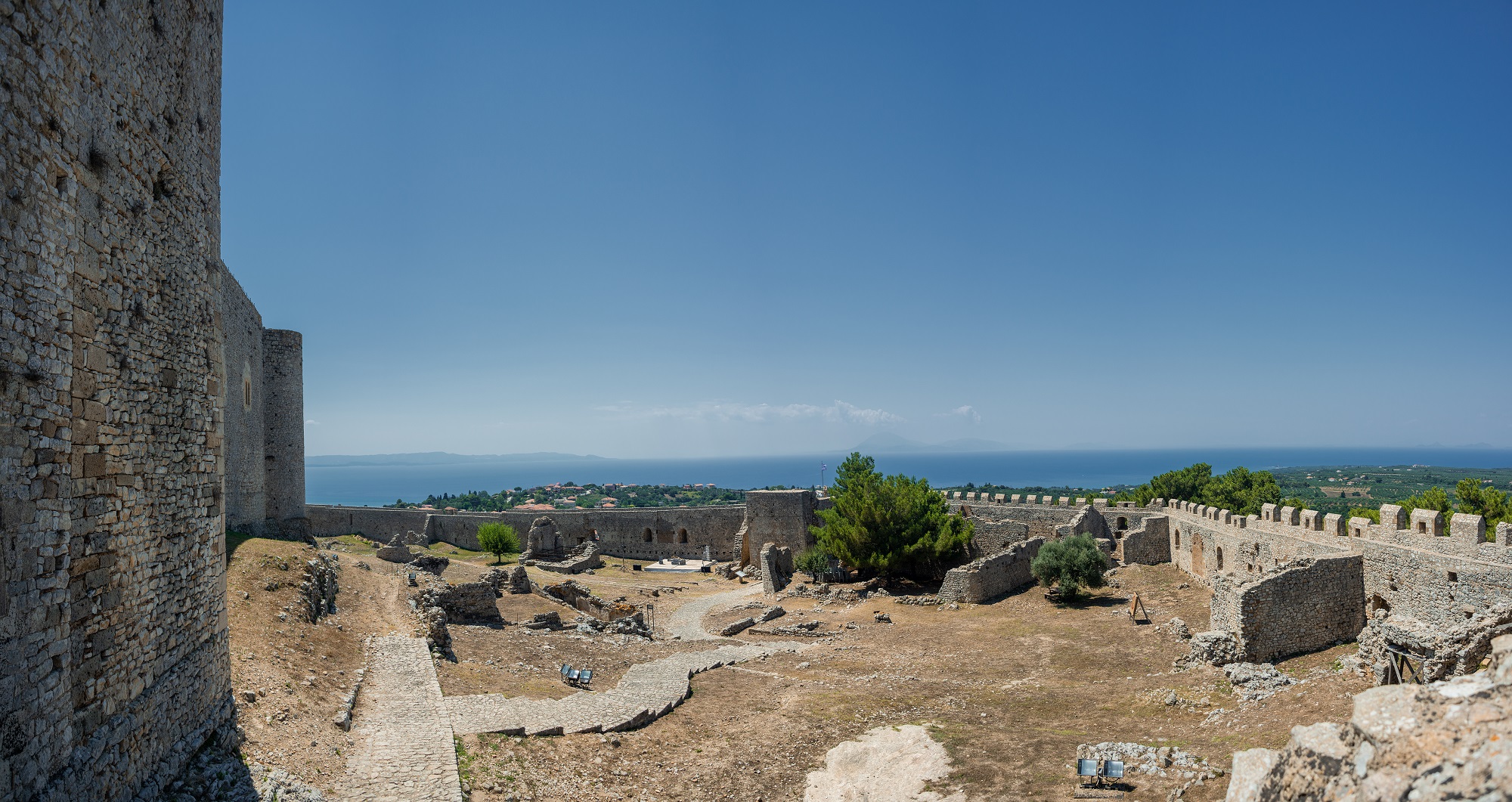A small charming town, a town-satellite of Ancient Olympia, a stone’s throw from the sea, with a surprising gastronomic growth.
It’s the lovely Krestena that we keep coming back to in recent years, and it keeps setting the table for us, adding new products, brand new shops, and original ideas. An ideal location for autumn escapes in mountainous Ilia, in Ancient Olympia, at the Temple of Apollo Epicurius, at the lake Kaiafa, and on the coast of West Peloponnese, that constantly reveals new things and has claimed its spot in our books.
In the beginning there was the name
Κrestena, the rare name, according to one version, derives from the Latin “Chrestena” or “Christina”, the name of a princess or local aristocrat’s daughter, during the Venetian rule. A second version, a bit more mundane, says that Krestena was the wife of the local lord “Krestos”. In any case the name is feminine.
Then there was the location
The location is idyllic. Krestena is nestled in a verdant alcove on the way towards Ancient Olympia. The area is covered in forests of firs, oaks, and supple cypresses, olive groves shining in the sun, charming vines on small hills. At the same time, it’s just a ten-minute drive from the magical coast or Ilia and the mystical Kaiafa lake with the nostalgic buildings. Both the lake and the huge sandy beach are ideal locations for autumn walks while the sun sets in the sea, and in the horizon the islands of Zakynthos and Strofades are painted red.
Local fettuccini
As we entered the village we were drawn to the smell of freshly baked semolina and that’s how we discovered “Arilogo”. In the Peloponnese and the Ionian islands, a kind of sieve used to sort grains, as well as the perforated base through which they poured the half-dried trachanas (a traditional kind of pasta made with flour milk or yogurt) mush in order to make the flour balls is called Arilogo. The Arvaniti family, with the diligent, tireless Giota at the wheel, have created an exemplary pasta cottage industry and decided to use a name that symbolizes, sorting, picking out, and exceptional quality. And with the word they revived the flavour of this authentic pasta. They make a wide range of trachanas, the best among them the spicy one, as well as other pasta, made with fine flours and semolina, prepared with fresh eggs and milk. After careful tasting we can testify to the Arilogo lazanakia and fettuccini being the best pasta in the Peloponnese.
Timeless bakery
A short distance from Arilogo there is a bakery with fine coffee that reminded us what good architecture means. Karnaros bakery, a place that’s been around for years and is known for its cookies, its cakes and its aromatic coffee, decided to freshen up its looks, and chose the architect and University of Patras professor, Mr Vasilis Stroumbakos, for the task. And thus, a new hangout was created.
The archetypical square
With its plane trees offering shade, its neoclassical buildings, its newsagent and the retired people sitting at the coffee shops, the square of Krestena is sure to make an impression. In the past few years, hospitality professionals have started, one after the other, setting up gorgeous shops, with eclectic wine and spirits lists, daring cuisines, and achieving in making their town a place to be. The renovated “ Klepsidra” with its lovely bar, its juicy ribs, and its filling burgers is now making history. While the neighbouring “Akis Alchemy” is more focused on cocktails but does equally well in the kitchen.
On the new arrivals list you’ll find Klepsidra’s ice cream shop, with their fresh homemade ice cream, and the pizzeria “Il Capo Pizza”, a few metres away. Brand new and elegant, as if it came out of a neighbourhood in Naples, it won us over. To test it, we tried the margherita and the peperoni pizza. Great, thin, dough and balanced ingredients. This square has everything.
A bit further away, on Krestena’s main road, Xenofontos street, you’ll find the restaurant-grill “Thimari”, where we stop every time we pass through the area. We usually have our last cup of coffee in a more secluded place. After we buy local meats, we have a last espresso at “Aroma”. In its sunny hall, with just the right music, we ponder on the charm of small towns, on the elegance of their neoclassical buildings, on the people who dare to make new things, and on those who persevere and still work the land and keep livestock. And we renew the date for olive picking season that is approaching.



